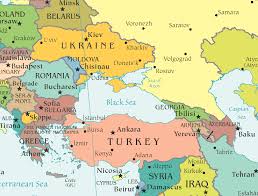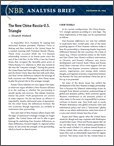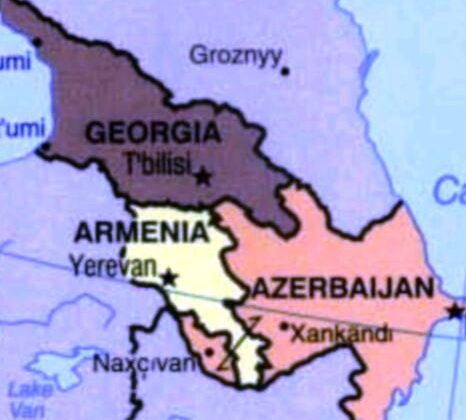(Rethinking Russia) The modern perception of conflict between rival countries differs considerably from what it used to be as far back as a quarter of a century ago during the Cold war. At that time the arms race, ‘proxy wars’ as well as bans on delivering innovative and dual-purpose technologies were the dominant forms of conflict. Today the manipulation of exchange rates, consumer goods, food supply as well as visa bans are getting more and more frequently used as instruments of interstate conflict.
The effectiveness of foreign policy in the modern era of “Facebook diplomacy” is measured in terms of its image in the traditional and social media. The sanctions target ordinary citizens, with their ultimate purpose being reducing the population’s income. Consequently, sanctions are designed to alter electoral preferences in the rival state.
For the past 25 years, the US and other Western countries have acquired considerable experience in imposing these sanctions. Compared to the Western sanctions imposed on Iran and Iraq, Russian sanctions against Turkey seem quite moderate. These measures are taken as a signal of discontent with the actions of the Turkish military force against the Russian forces in Syria. They are also aimed at demonstrating that Turkey is responsible for the death of Russian soldiers and the downing of a Su-24 bomber. […]
Read More © International Analytical Center "Rethinking Russia"











